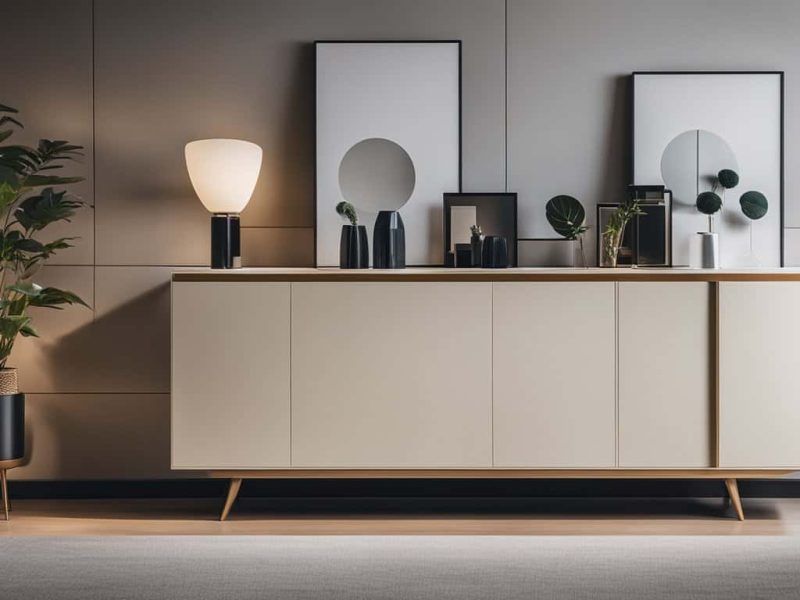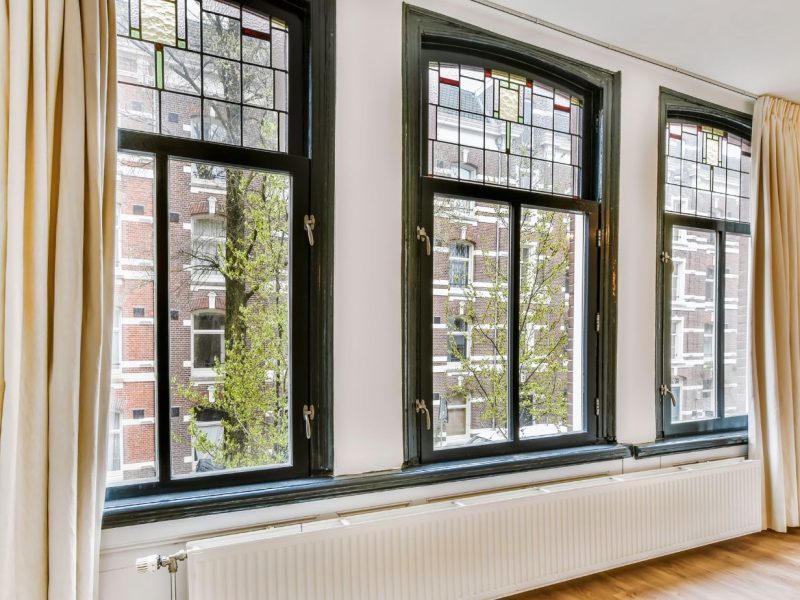Schedule regular maintenance for your air conditioning unit. A well-maintained system operates more efficiently, reducing energy consumption. Ensure filters are cleaned or replaced monthly, and have a professional service your Air Conditioning Installation annually to check for leaks, clean coils, and optimize performance.
Smart Thermostat Installation:
Invest in a programmable or smart thermostat to regulate your home’s temperature more efficiently. Set Air Conditioning Installation to increase the temperature when you’re away or asleep, and lower it when you’re at home. This simple adjustment can significantly reduce energy usage without sacrificing comfort.
Seal Air Leaks:
Inspect doors, windows, and any other openings where cool air might escape and hot air might enter your home. Seal any leaks with caulking or weather stripping to prevent conditioned air from escaping, helping your air conditioning system work more effectively.
Use Fans Wisely:
Ceiling fans and portable fans can help circulate cool air throughout your home, allowing you to set your thermostat a few degrees higher without sacrificing comfort. Remember to turn off fans when you leave the room to save energy.
Utilize Shade:
Keep blinds, curtains, or shades drawn during the hottest parts of the day to block out direct sunlight and reduce the heat entering your home. Outdoor shading options like awnings or planting trees near windows can also help minimize heat gain.
Upgrade Insulation:
Proper insulation keeps cool air in and hot air out, reducing the workload on your air conditioning system. Consider adding insulation to attics, walls, and crawl spaces, especially if you live in an older home or notice significant temperature differences between rooms.
Cook and Clean Strategically:
Heat-producing appliances like ovens, stoves, and dishwashers can raise indoor temperatures, causing your air conditioner to work harder. Cook during cooler times of the day or use alternative cooking methods like grilling outdoors. Additionally, run heat-generating appliances like dishwashers and clothes dryers in the evening to minimize their impact on indoor temperatures.
Create a Night Cooling Routine:
Take advantage of cooler nighttime temperatures by opening windows and allowing natural ventilation to cool your home. Use fans strategically to draw in fresh air and create a cross breeze. Remember to close windows and blinds in the morning to trap cool air indoors before temperatures rise.



